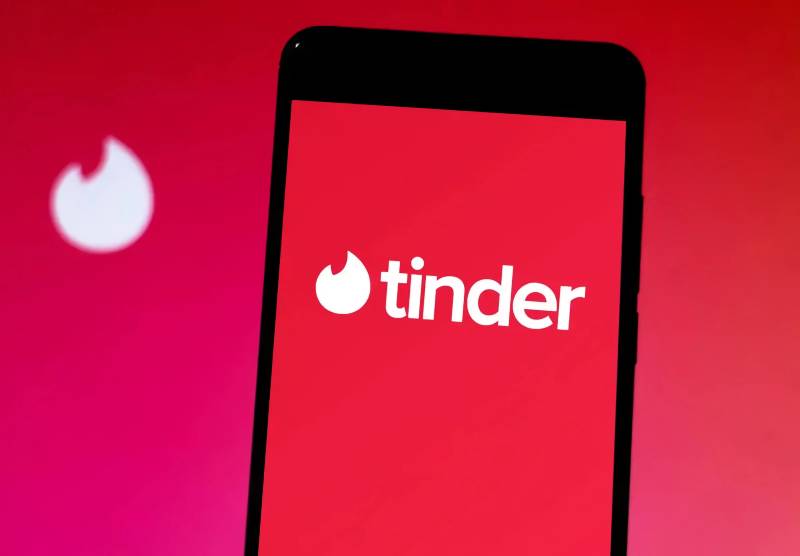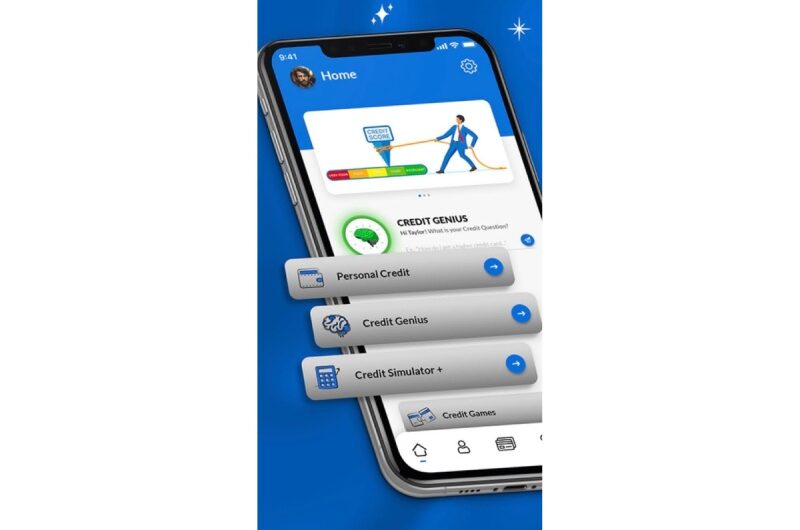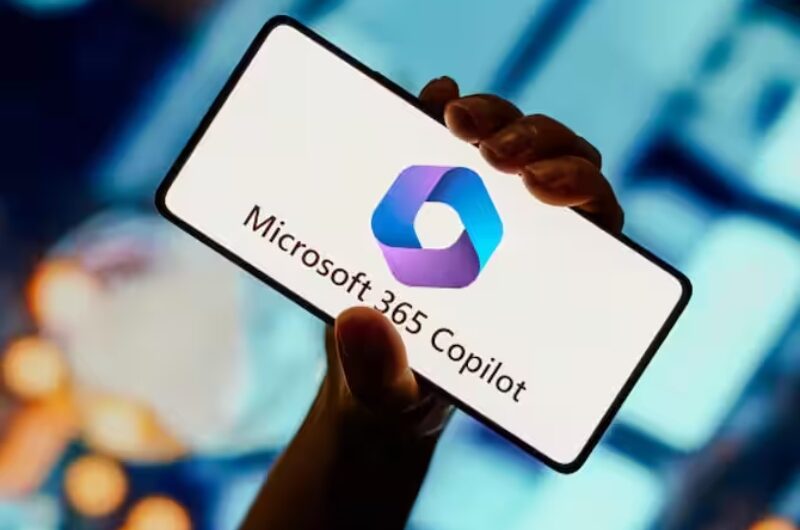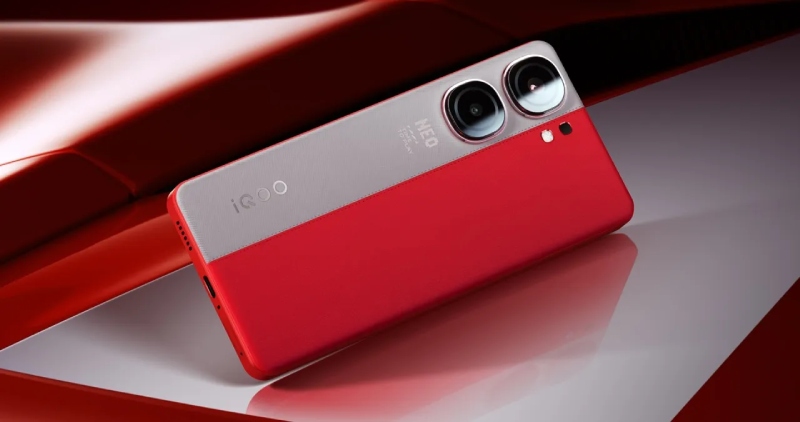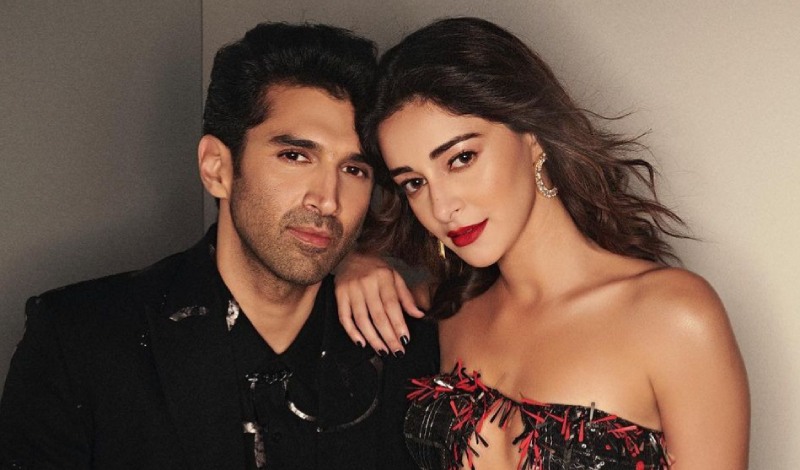The beholder’s AI now determines what beauty is. or at the very least if you use Tinder.
The dating app is developing an AI feature that chooses the most attractive photographs for users’ profiles in the hopes that it would increase the likelihood that someone will swipe right.
The application will scan a user’s photo library and choose the five photos that most accurately depict them.
According to Bernard Kim, CEO of Tinder’s parent company, Match Group, AI might address people’s concerns about which image best reflects them and reduce the stress associated with choosing.
In a conference call with investors and analysts, Kim stated, “I really think AI can help our users build better profiles in a more effective way that really do showcase their personalities.”
He declared that Match Group would be introducing many projects that make use of generative AI to “eliminate awkwardness” and improve the dating experience.
As Tinder increases the influence of cutting-edge technology in romantic relationships, it has also been experimenting more AI features. In a letter to shareholders last week, Match wrote in somewhat robotic language that the app intended to utilize AI to “surface the right content to the right people to help improve relevancy and, ultimately, user outcomes”, which translates to fewer left swipes.
The chief product officer of Tinder, Mark Van Ryswyk, also made a suggestion last month that the service should deploy generative AI—tools that generate convincing text and images on demand—to assist users in writing their bios. The bio feature employs an AI system to recommend a personalized paragraph based on the “interests” and “relationship goals” portions of users’ profiles, but it is still in its early stages and only available in test areas.
According to a recent Tinder survey, a third of its users would “absolutely” utilize generative AI to assist them in creating a profile, according to Van Ryswk.
The move by Tinder comes at a time when AI is increasingly showing up in dating services.
According to Crystal Cansdale, head of communications at the dating app Inner Circle, “dating fatigue”—or users getting bored of not receiving the desired outcome—is to blame for the surge in artificial intelligence on dating apps.
She said: “AI provides a chance to optimize the time spent on dating apps. It’s hard to write a bio that is perfect and doesn’t sound cringe-inducing and desperate.”
She did, however, add that AI had its own issues. We must acknowledge that safety is a major concern in this situation, she continued. “The whole industry is worried about how AI can be used to trick people from scammers, spammers, and fake profiles.”
Numerous brand-new dating apps with AI enhancements have already begun to emerge. Blush, where you can practice your “relationship and intimacy skills” by flirting with their chatbot; Teaser AI, an app that lets you chat with an AI version of someone before you swipe right or left on them; and Flamme AI, an app with an AI-powered “ask me anything” tool that will allow users to ask questions, like how to propose to your partner.
Last year, Bumble deployed AI to stop cyberflashing and identify unwanted nude photographs. Whitney Wolfe Herd, the CEO of the app, has also suggested that AI might be used to streamline the process of constructing an online dating profile.
According to Tinder, generative AI will be crucial in assisting users in finding matches.
Following a positive response to its ChatGPT-generated matching questions, OKCupid announced earlier this year that it will be including AI-written matching questions into its app throughout the year.
Single men and women in the UK were surveyed as part of a recent study by the cybersecurity company Kaspersky and Inner Circle to determine how the ChatGPT chatbot is influencing the dating scene.
According to the report, more than 52% of single men would use chatbots to enhance the number of people they were conversing with at once on dating apps and more than 50% would use them to assist them talk to possible partners. Only 37% of single adults said they would be receptive to adopting ChatGPT to improve their profiles, but the majority of them would utilize it to facilitate online interactions.
Topics #AI #Artificial intelligence #Best Photos #Tinder
